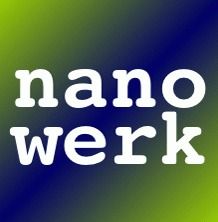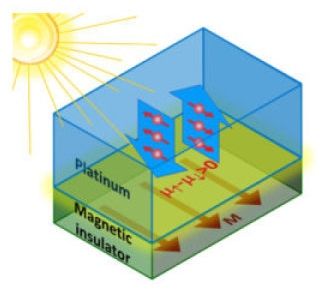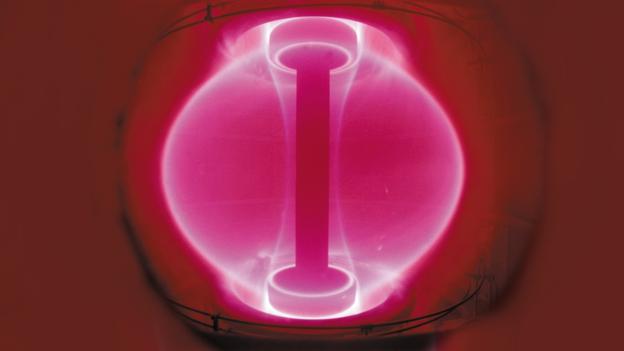Apr 28, 2016
Long in the tooth, or just a redhead?
Posted by Karen Hurst in categories: biotech/medical, genetics
The results pointed to MC1R, known previously as a gene for red hair and freckles.
Scientists say they have made a leap in knowing why some people retain their youthful looks while others age badly.
The new study is the first time that “a gene has been found that explains, in part, why some people look older and others younger for their age”, Manfred Kayser, a professor of forensic molecular genetics at Erasmus MC University Medical Center Rotterdam in the Netherlands and a senior author on the study, said in a statement.

















